What is choline?
Choline, a water-soluble nutrient, is like a cousin to the B vitamins, including folic acid and riboflavin, because it helps build cell membranes and transports nutrients in and out of cells. It earned a spot on the National Academy of Science’s list of required nutrients in 1998.
“Choline is a methyl donor, meaning it’s required to be involved in various physiological processes including metabolism, lipid transport, methylation, and neurotransmitter synthesis,” says Kristin Hantzos, RDN, MPH, from Astoria, New York.
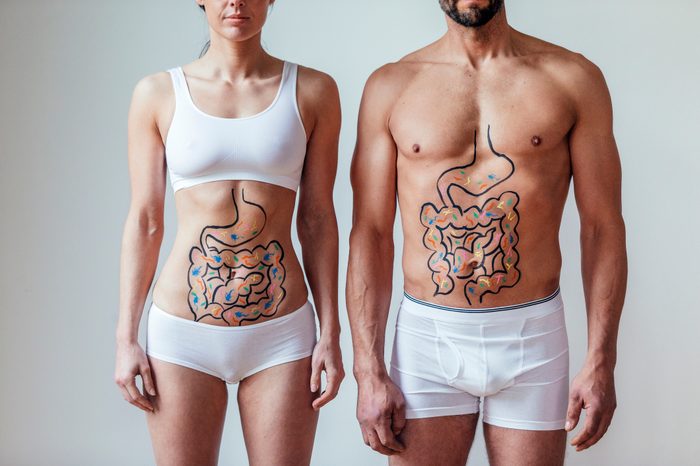
What does choline do for us?
Even though choline wasn’t recognized as important for a long time, it plays a significant supporting role in your body. It assists in brain development, muscle control, and movement, nervous system function, and proper metabolism processes, according to the National Institutes of Health(NIH). Choline supports liver function by enabling liver pathways and our body’s detoxification system. “The body needs a supply of large, soluble molecules that can be attached to toxins, creating a soluble substance which can then be effectively excreted through the urine, bile, or stool,” says Hantzos. (Look out for these signs you’re running low on key nutrients.)
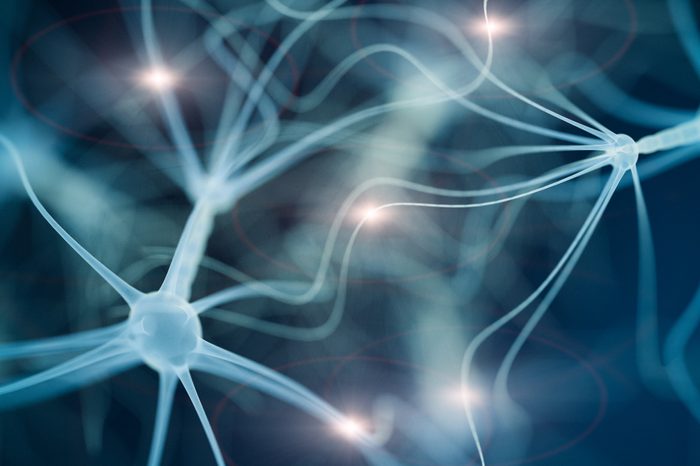
Choline, the communicator of cells
Choline likes to keep an eye on other cell membranes in your body, by helping to maintain the integrity of the cells, so they can function properly. “Choline assists in the communication between cells in multiple ways,” says Kevin Pietro, MS, RD, clinical assistant professor of nutrition at the University of New Hampshire. “For this reason, recent choline research has focused on cognition and certain neurodegenerative diseases like dementia.” A few observational studies show a link between choline intake and brain function, but the NIH says that more research is necessary to clarify what benefits might exist.
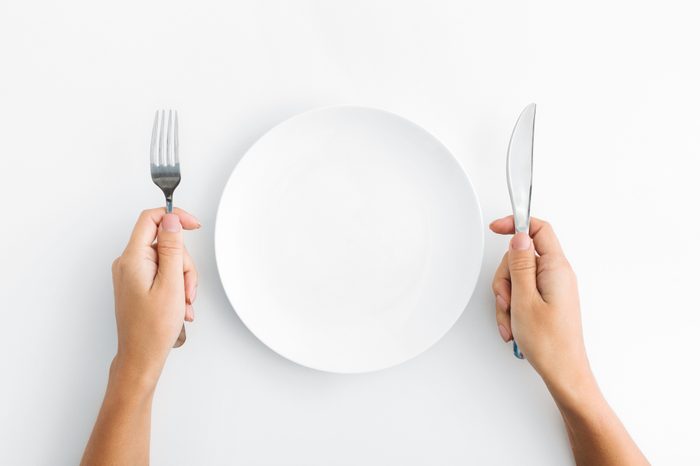
How much choline do we need?
The body does make a small amount of choline in the liver, but we need to get more choline from food. The truth is that we don’t know exactly how much more, according to Pietro, because the Food and Nutrition Board of the Institute of Medicine doesn’t have enough information yet to establish a Recommended Dietary Allowance (RDA). Until then, they’ve issued an Adequate Intake (AI) value for choline. “The average consumer should try to consume an amount above the AI,” Pietro says. “That’s 550 milligrams per day for males 14 and older, and 425 milligrams per day for non-pregnant females 19 and older.” Pregnant women should aim for 450 milligrams per day, and breastfeeding moms need more like 550 milligrams per day. (Here are more nutrients even nutritionists don’t get enough of.)
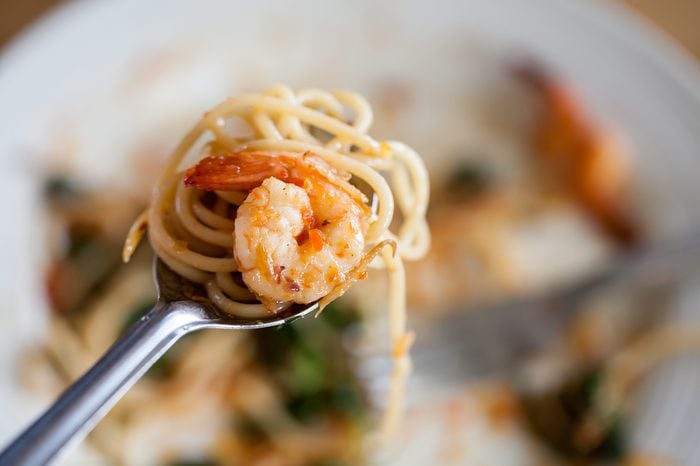
How do we get choline?
Luckily, we can get choline (in the form of lecithin) by eating foods that many people already love. “Key sources of choline include egg yolks, shrimp, scallops, beef, peanuts, kale, cabbage, cauliflower and oats,” says Hantzos. Animals sources generally have the highest concentrations of choline, so if you’re vegan, make sure to eat plenty of cruciferous veggies such as broccoli, cabbage, Brussels sprouts, and kale. To get more choline in your diet, reach for these foods: beef liver, 3 ounces, 356 mg., wheat germ (toasted), 1 cup, 202 mg., chickpeas (uncooked) 1 cup, 198 mg., egg (large), 147 mg., beef, 3 ounces, 97 mg., chicken breast, 3 ounces, 73 mg., salmon, (pink-canned), 3 ounces, 75 mg., Brussels sprouts, 1 cup, 63 mg., broccoli, 1 cup, 63 mg., skim milk, 8 ounces, 38 mg., peanut butter (smooth), 2 tablespoons, 20 mg. To find choline contents in a specific food, search the USDA food composition website.

Choline for pregnancy
Folic acid, calcium, and iron are nutrients pregnant women hear a lot about at their prenatal appointments. These nutrients are significant for the baby’s growth, development, and preventing neural tube defects, which include anencephaly and spina bifida. Some research tells us choline may deserve more attention for pregnant women, however. “Pregnant women are also encouraged to take a prenatal vitamin supplement that contains choline to prevent neural tube defects, and it is also added to infant formulas for babies,” says Gisela Bouvier, RDN, owner of B Nutrition and Wellness, LLC. Research suggests adequate amounts of choline are necessary when the brain is growing and developing, for intelligence, memory, and maybe even mood regulation. (Don’t miss the 9 best foods for boosting brain health.)
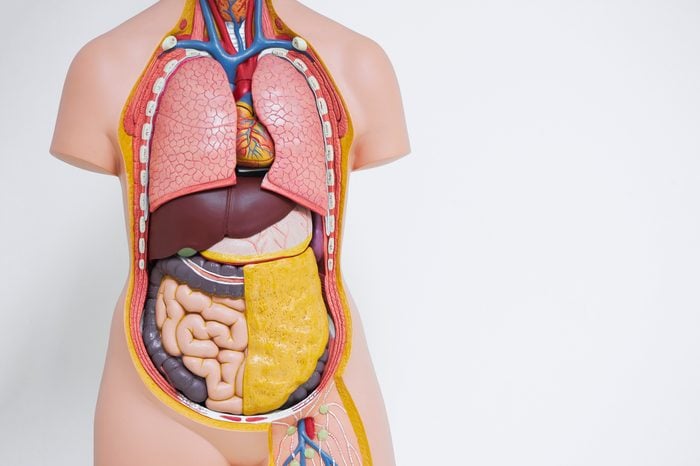
What happens if we don’t get enough choline?
Choline deficiency is associated with both liver and or muscle damage along with non-alcoholic fatty liver disease, according to the NIH. “This buildup of fat in the liver could become progressively worse, potentially leading to nonalcoholic steatohepatitis, which indicates significant inflammation and liver cell damage,” says Pietro. “This also increases one’s risk for cirrhosis and liver cancer.” (Here’s are the clear signs you have fatty liver disease.)

